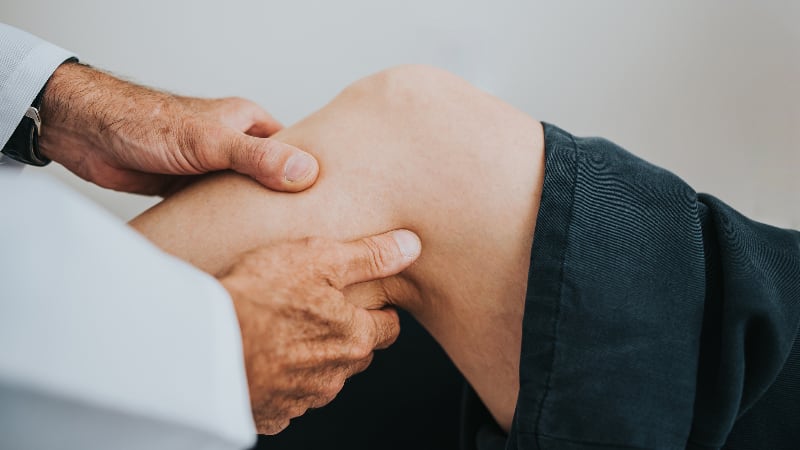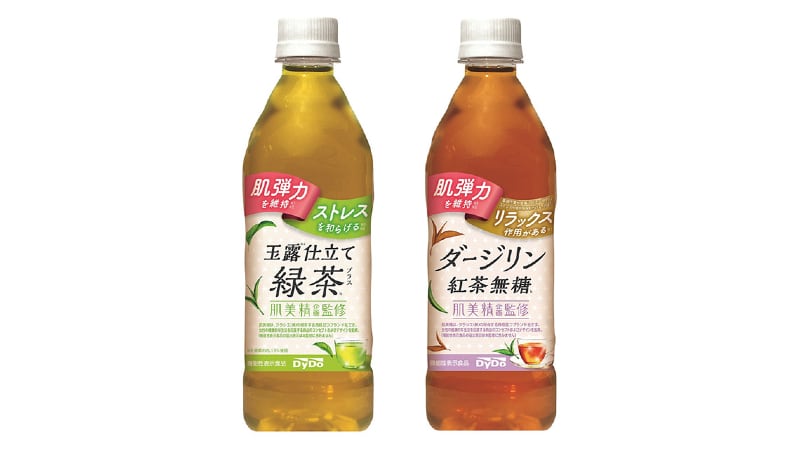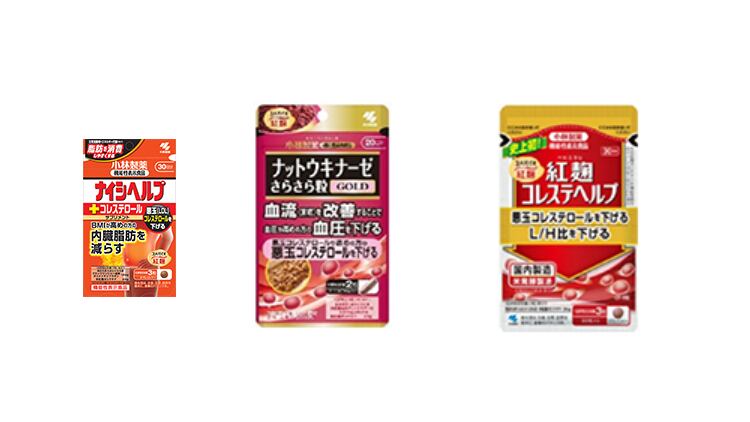Maintaining physical fitness from middle age is crucial for healthy life expectancy.
Studies have shown that taurine is beneficial for diverse biological functions, including antioxidant activity and regulation of osmotic pressure. It is also reported to improve anaerobic exercise performance, endurance, and muscle strength.
Although physical fitness has been linked to diet-derived nutrients, there is little evidence on the relationship between taurine consumption and fitness changes.
A study funded by Taisho Pharmaceutical Co Ltd and the National Institute for Longevity Sciences (NILS) in Japan aimed to clarify the longitudinal association between dietary intake of taurine and changes in physical fitness among community-dwelling middle-aged and older adults.
Data for this study were obtained from the NILS-Longitudinal Study of Aging (NILS-LSA), which used detailed questionnaires, medical checkups, anthropometric measurements, physical fitness tests and nutritional examinations, to assess the ageing process over time.
A total of 1,454 participants were included in this analysis. They comprised men and women aged 40 and above, who participated in the third (2002 to 2004; baseline) and seventh (2010 to 2012; follow-up) waves of the NILS-LSA.
The estimated taurine intake was calculated using a provisional taurine content table containing 751 foods, including five food groups — seaweed, fish and shellfish, meat, eggs, and milk and dairy products.
Four physical fitness items (knee extension muscle strength, sit and reach, one-leg standing with eyes closed, and maximum walking speed) were measured at baseline and follow-up.
Results showed that the estimated average daily taurine intake (standard deviation) at baseline was 207.5 (145.6) mg per day.
Based on the evaluation of the tertiles of taurine intake (T1: low, T2: medium, T3: high), higher taurine intake positively increased the change in knee extension muscle strength (T1: 0.1, T2: 0.8, T3: 1.1 kgf).
In the subgroup analysis of participants aged 65 and above, higher taurine intake reduced the decline in knee extension muscle strength (T1: -1.9, T2: -1.7, T3: -0.4 kgf).
No significant relationship was found between taurine intake and the remaining three fitness factors.
“This study is the first investigation into the association between dietary taurine intake and muscle strength. The estimation of taurine intake indicated that dietary taurine intake potentially contributes to the maintenance of knee extension muscle strength over eight years among Japanese middle-aged and older individuals,” the authors wrote.
Vital nutrient for healthy ageing
Approximately 80% of the participants had a taurine intake of less than 300 mg per day, of which about 80% of the taurine was consumed through fish and shellfish.
Specifically, the primary sources of taurine for a large number of Japanese people were oysters, octopus, and saury.
Notably, participants with high taurine intake also consumed more cereals, potatoes, yellow vegetables, mushrooms, and energy.
“Japanese seafood intake has been declining annually, and taurine intake is thought to decline accordingly. From baseline to follow-up, it was found that taurine intake decreased by approximately 20%.
“As the proportion of older adults in Japan is expected to increase, it is important to ensure daily sufficient taurine intake by actively including shellfish, cephalopods and fish in the diet to support healthy ageing.”
Furthermore, the researchers said that taurine offers numerous health benefits in addition to muscle strength maintenance.
For example, individuals with high 24-hour taurine excretion had lower coronary heart disease mortality, BMI, systolic blood pressure, diastolic blood pressure, total cholesterol, and atherogenesis index, compared to those with low taurine excretion.
Maintenance of muscle function
The human body contains taurine equivalent to 0.1% of the body weight, of which over 50% is present in the muscle.
Knee extension muscle strength is an indicator of lower limb muscle strength, which is directly related to the ability to perform activities of daily living, such as walking and standing.
Human blood taurine levels reportedly decrease with age, leading to muscle weakness.
Studies have shown that taurine increases the rate of calcium ion uptake into muscle cells, while a decrease in taurine concentration decreases the rate of calcium accumulation. This suggests that taurine delays muscle relaxation and contributes to muscle function.
There is also evidence that tissue taurine depletion accelerates muscle ageing. Importantly, taurine depletion predisposes the heart to fibrosis, which leads to cardiac fibrosis upon ageing.
On the other hand, taurine intake could counteract ageing-related impingement of skeletal muscle regeneration.
It should be noted that the study has some limitations, including the use of three-day dietary records to estimate nutrient intake, which may not accurately reflect habitual dietary intake nor take into account fluctuations in intake.
“In future research, long-term dietary records and other measurement techniques should be introduced for a more accurate estimation of taurine intake and for understanding the daily intake patterns,” the authors concluded.
Source: Frontiers in Nutrition
https://doi.org/10.3389/fnut.2024.1337738
“Association of taurine intake with changes in physical fitness among community-dwelling middle-aged and older Japanese adults: an 8-year longitudinal study”
Authors: Takashi Domoto, et al
Healthy Ageing will be a major topic of focus at Growth Asia Summit 2024 this year – join us in Singapore to learn more on insights from major industry experts, find out more here.





